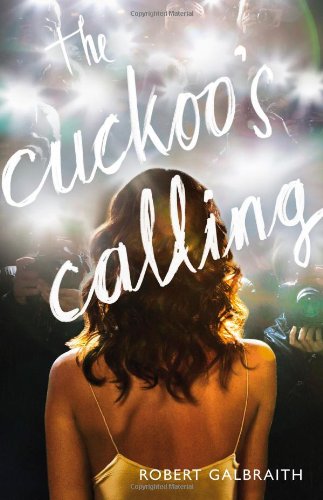According to the Guardian UK, Austen will replace Charles Darwin on notes starting in 2017. The note will also feature a quote from Pride and Prejudice: "I declare after all there is no enjoyment like reading!"
The Guardian tells us more:
 |
| Photograph: Bank of England. VIA Guardian.co.uk |
Jane Austen has been confirmed as the next face of the £10 note in a victory for campaigners demanding female representation – aside from the Queen – on the country's cash.
Sir Mervyn King, the Bank's former governor, had let slip to MPs that the author of Pride and Prejudice was "waiting in the wings" as a potential candidate to feature on a banknote, and his successor, Mark Carney, confirmed on Wednesday that she would feature, probably from 2017.
"Jane Austen certainly merits a place in the select group of historical figures to appear on our banknotes. Her novels have an enduring and universal appeal and she is recognised as one of the greatest writers in English literature," the new governor said.
He also announced that the Bank would carry out a review of the process for selecting the historical figures who appear on banknotes, to ensure that a diverse range of figures is represented.
"We believe that our notes should celebrate the full diversity of great British historical figures and their contributions in a wide range of fields. The Bank is committed to that objective, and we want people to have confidence in our commitment to diversity. That is why I am today announcing a review of the selection process for future banknote characters," Carney said. The review will be overseen by the chief cashier Chris Salmon, whose signature appears on banknotes.
Carney's announcement was aimed at quelling a three-month storm of protest unleashed when King announced that the only woman to appear on an English banknote other than the Queen – the prison reformer Elizabeth Fry – would be replaced by Winston Churchill, probably in 2016. She and Florence Nightingale are the only two women, other than the Queen, to have appeared on English banknotes since they started portraying historical figures in 1970.
Campaigners threatened to take the Bank to court for discrimination under the 2010 Equality Act and launched a petition on the campaign site Change.org which secured more than 35,000 signatures.
Caroline Criado-Perez, co-founder of feminist blog the Women's Room, who led the campaign, and was called in to discuss the issue with Salmon, said the Bank's announcement marked a "brilliant day for women".
"Without this campaign, without the 35,000 people who signed our Change.org petition, the Bank of England would have unthinkingly airbrushed women out of history. We warmly welcome this move from the Bank and thank them for listening to us and taking such positive and emphatic steps to address our concerns," she said.
"To hear Jane Austen confirmed is fantastic, but to hear the process will be comprehensively reviewed is even better."
Campaigners said that the £13,000 raised to challenge the Bank's banknote decision in court would now go to women's charities, including Rape Crisis.
Austen will take her place on the £10 note in 2017, the bicentenary of her death, replacing the 19th-century naturalist Charles Darwin, who has been on the notes since late 2000.
Criado-Perez conceded Austen was not top of her wish-list as the next woman on a bank note but that she was a particularly apt choice given the context. "She was an incredibly intelligent woman. She spent her time poking fun at the establishment. All her books are about how women are trapped and misrepresented. It is really sad that she was saying that 200 years ago and I am still having to say that today," the campaigner said.
Stella Creasy MP, who helped organise a letter from 46 Labour MPs to David Cameron in support of the campaign, said: "Britain has many women in its history of whom we should be proud, and today's decision is part of creating a culture of expectation that there will be many more in our future too."
Under the current process, members of the public put forward suggestions on who should appear on banknotes, although the Bank only considers figures who have made an "indisputable contribution to their particular field of work". It takes into account the list of public suggestions, but the governor of the Bank has the final decision.
As well as a portrait of Austen, the new note will include images of her writing desk and quills at Chawton Cottage, in Hampshire, where she lived; her brother's home, Godmersham Park, which she visited often, and is thought to have inspired some of her novels, and a quote from Miss Bingley, in Pride and Prejudice: "I declare after all there is no enjoyment like reading!"
See the original post HERE
I've gotta say...this is kinda awesome.

















